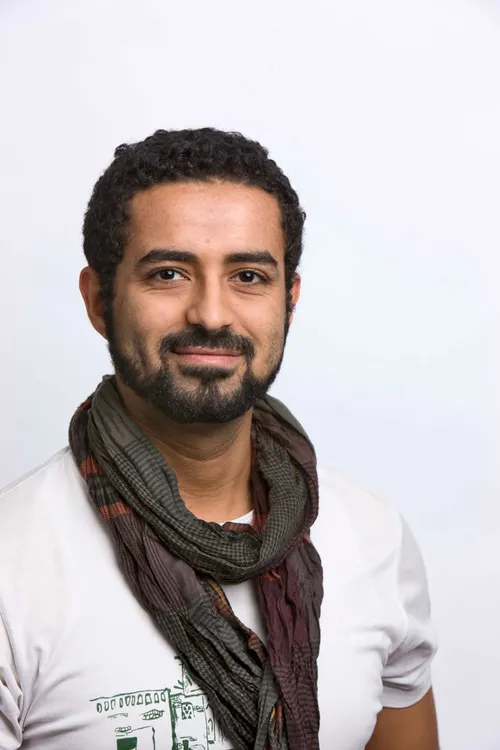Do we really need fossil fuel?
Adaptive Solutions and Increasing Building Energy Savings
The Egyptian building sector consumes up to 42% of the total yearly energy consumed by all economic sectors. More than 90% of the energy sources come from fossil fuels, mainly oil and gas. In recent years, the country has faced a shortage in energy supply and increasing demand that has resulted in noticeable blackouts, lasting more than six hours a day in some regions. Due to the recent economic situation, the amount of energy subsidies provided by the government has been reduced gradually, resulting in higher electricity costs for all sectors. The residential sector is highly affected by these recent changes particularly due to the high demand of air conditioners and poor buildings conditions in the contemporary built environment.
The key to overcome such challenges is the identification of retrofitting measures for existing buildings and offer households alternative solutions to save energy to lay the foundation for sustainable development in the country. The aim of this project is to identify passive building design options for increasing indoor comfort, while reducing total energy consumption at the individual user scale. To achieve this goal, a typical residential apartment in Cairo was selected for assessment, where actual building configurations were defined for the primary simulation inputs. Additionally, the usage of space was taken into consideration in order to define a rough occupancy behavior norm for a family of three persons. Simulation and analysis were conducted using TRNLizard, a tool that is currently being developed by Transsolar.
Retrofitting configurations were developed for building envelope features (e.g. roof, walls and fenestration) through a multi-criteria optimization using Galapagos, which is a genetic algorithm tool. The results were post-processed and presented using the Pareto Frontier method. The optimization process considered quantitative measures such as comfort and energy consumption, as well as qualitative measures such as the applicability of retrofitting solutions. The feasibility of the proposed solutions was determined and the payback period for a zero energy apartment was estimated. Further development will be carried out as a next step to consider the application of the configurations on real cases for extra monitoring and actual assessments.
Project mentor: Christian Frenzel

Mohamed Amer Hegazy – Egypt
Mohamed Amer Hegazy is Egyptian, educated as Architectural Engineer and worked as researcher and teaching assistant. He graduated with a Master of Science from the IUSD Program of the Stuttgart / Ain Shams University in 2013 in Integrated Urbanism and Sustainable Design. He did his Bachelor at the Faculty of Fine Arts, Department of Architecture Helwan University.
